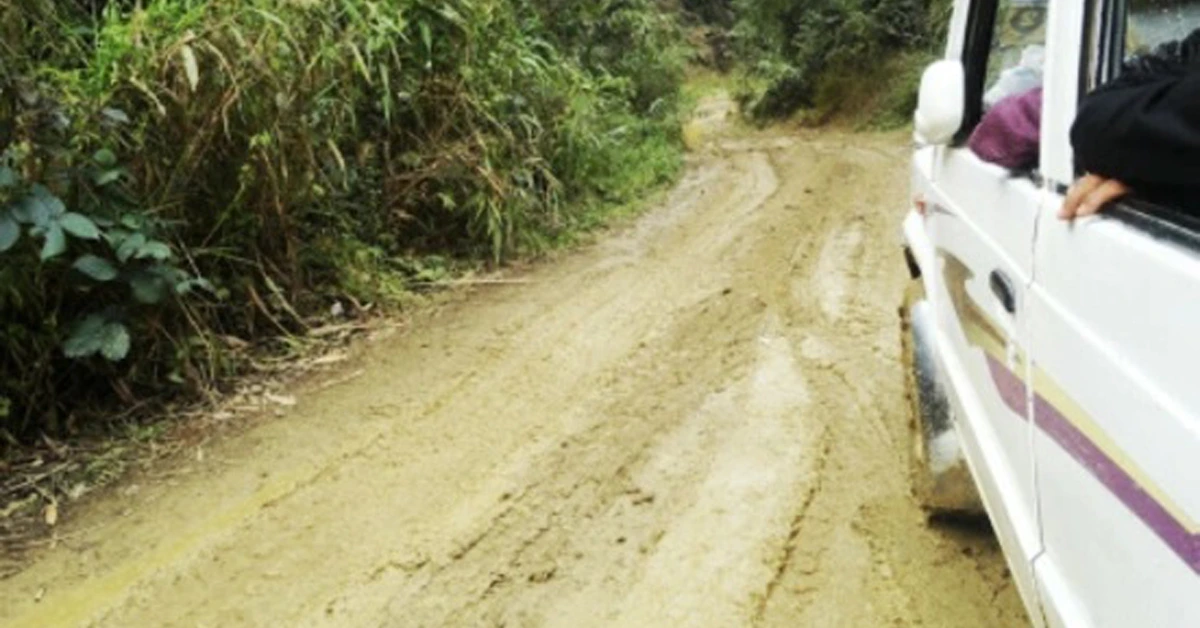
The Konyak Union (Myanmar) has issued a strong warning about the deteriorating living conditions in the Eastern Konyak Naga region, a disputed area often referred to as "No Man’s Land."
In a statement issued to the media on October 19, 2024, Konyak Union (Myanmar)'s general secretary K Akham Honwang painted a grim picture of the Naga communities caught between competing forces, including the National Socialist Council of Nagaland (NSCN), Indian paramilitary units, and the Myanmar Junta.
Honwang highlighted that the Naga communities, who have lived in the region for generations, are suffering due to a complete lack of government development initiatives.
"Essential services such as schools, health centers, and basic infrastructure are virtually nonexistent. Residents find themselves isolated and unsupported by either the Indian or Myanmar governments," he said.
"The conditions are dire. People have been appealing for development for years, but our pleas have been ignored," Honwang stated.
"We are left in a state of uncertainty and neglect," he added.
He also pointed out that the region’s historical significance has been overshadowed by ongoing conflict, which has compounded the difficulties faced by the local population.
The term “No Man’s Land” was coined by outsiders who viewed the area as barren and uninhabited, failing to recognize the vibrant life and rich history of the Naga people, Honwang added.
The label has contributed to further marginalization, as it overlooks the community’s enduring presence.
The region has instead become a battleground, with frequent clashes between armed forces from both Myanmar and India, making life increasingly precarious for civilians.
Since the independence of India and Myanmar in the late 1940s, the border region has been treated as a military zone, resulting in repeated conflicts, the displacement of families, and the destabilisation of the fragile local situation.
Basic needs, such as security and infrastructure, have been consistently overlooked amid the ongoing violence, making daily life increasingly dangerous.
Honwang also expressed concern over the leadership of various Naga political factions, noting that while many Naga national workers have risen within their groups, the conduct of some leaders is troubling.
"They do not maintain the principles expected of true Naga leaders. The sacrifices made by innocent people since the 1950s seem to have gone unnoticed. Nothing has changed. We remain in 'No Man’s Land,' which has become primarily a site for insurgent activity," he added.
Reflecting on the tragic transformation of their homeland, Honwang lamented, "We never imagined our ancestral land would become such a battleground. We lived freely for generations, but now we face war every year."
Honwang called on Naga leaders to revisit the area and reconsider their priorities, urging them to pursue peace rather than further internal conflict.
Honwang also raised concerns about the lack of international attention to the plight of the Konyak Naga people. He called for greater awareness and intervention to address the systemic neglect the community faces.
In his appeal to Naga national workers, Honwang urged them to reconsider the situation facing the border area villages.
He highlighted the hardships faced by residents, many of whom live in conditions similar to a nomadic lifestyle while supporting the Naga national movement, yet experience significant neglect from both Indian and Myanmar governments.
ALSO READ | Alcoholism In Nagaland On The Rise
The Story Mug is a Guwahati-based Blogzine. Here, we believe in doing stories beyond the normal.